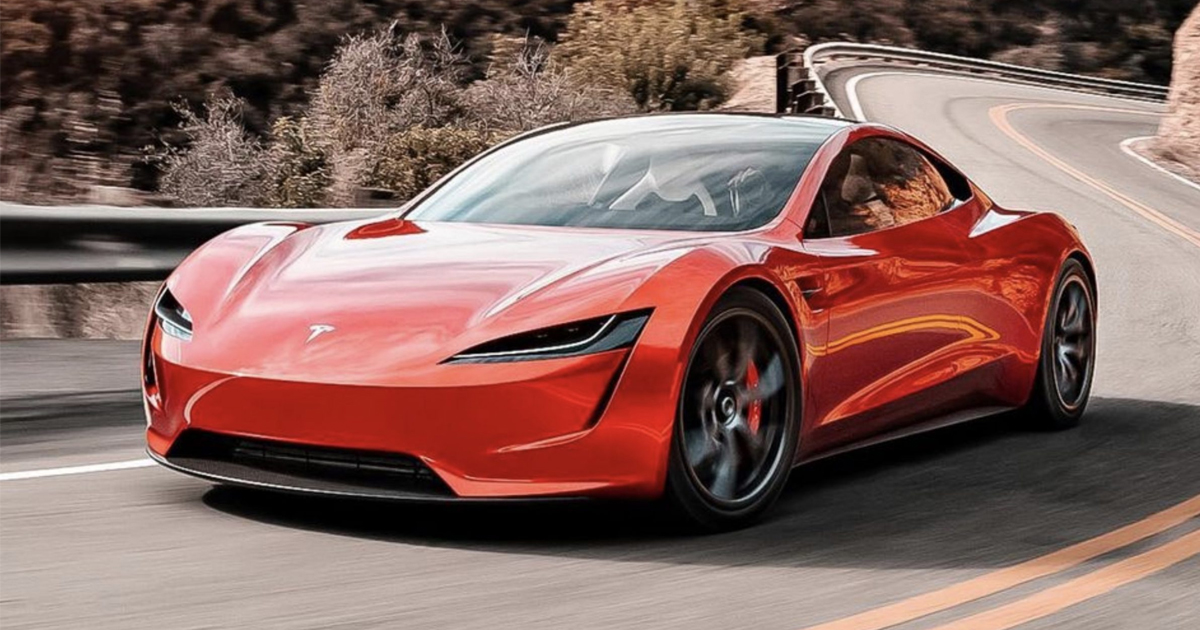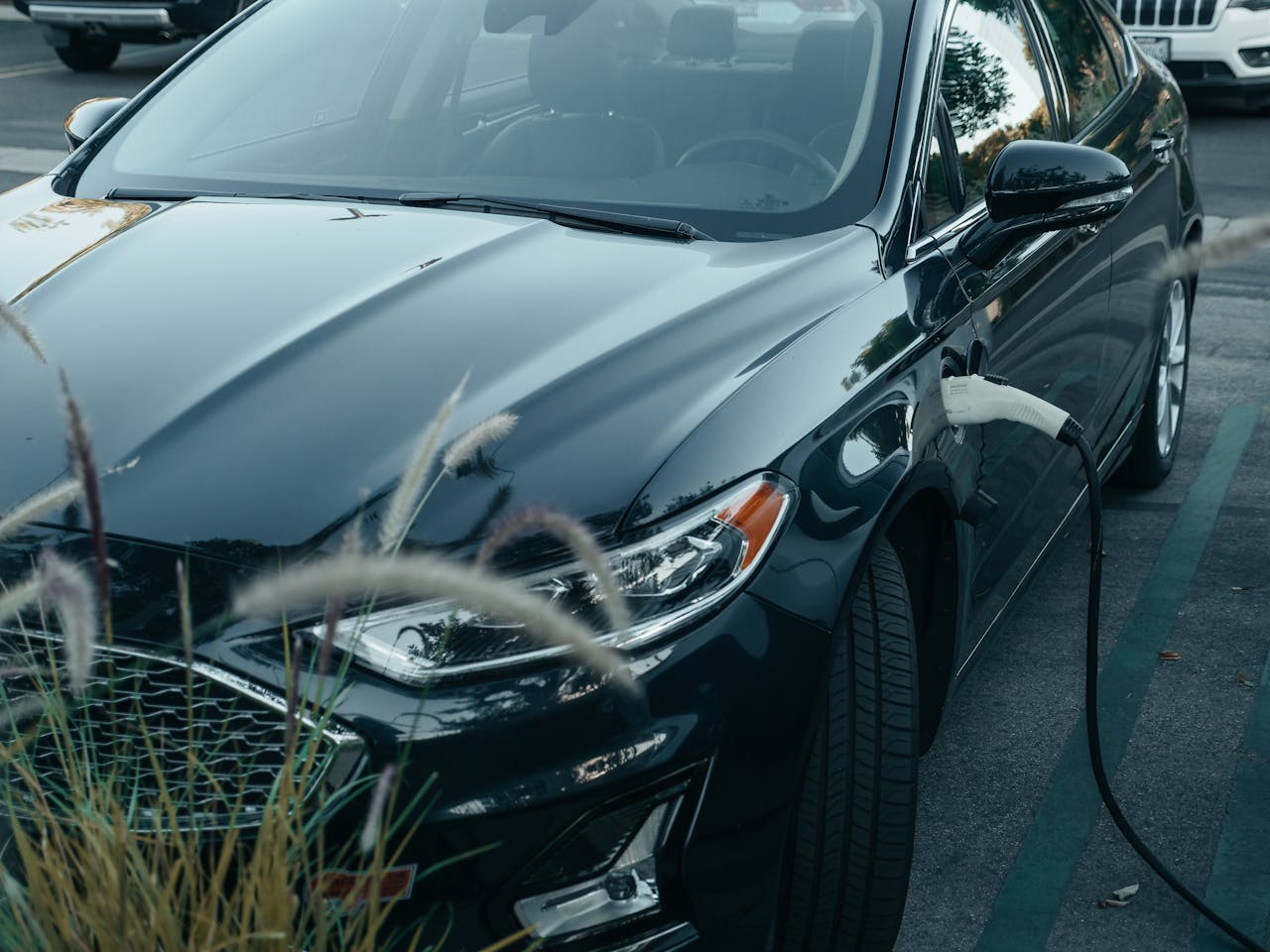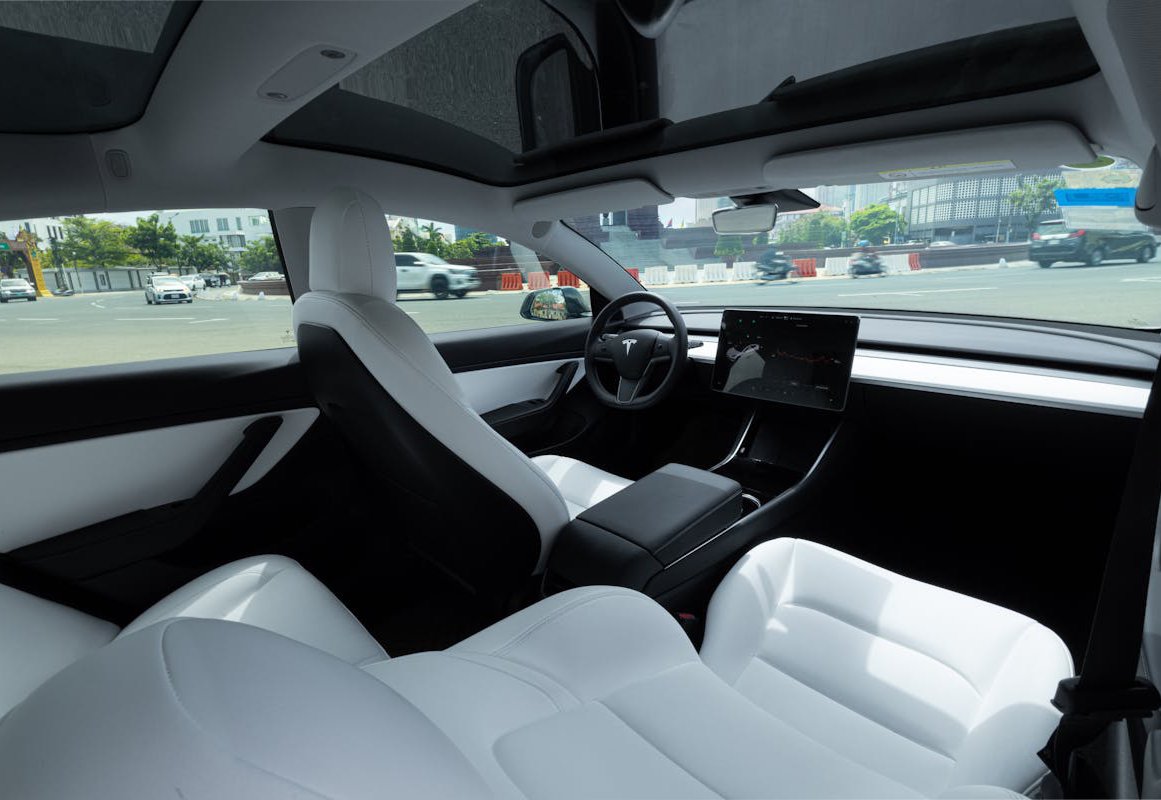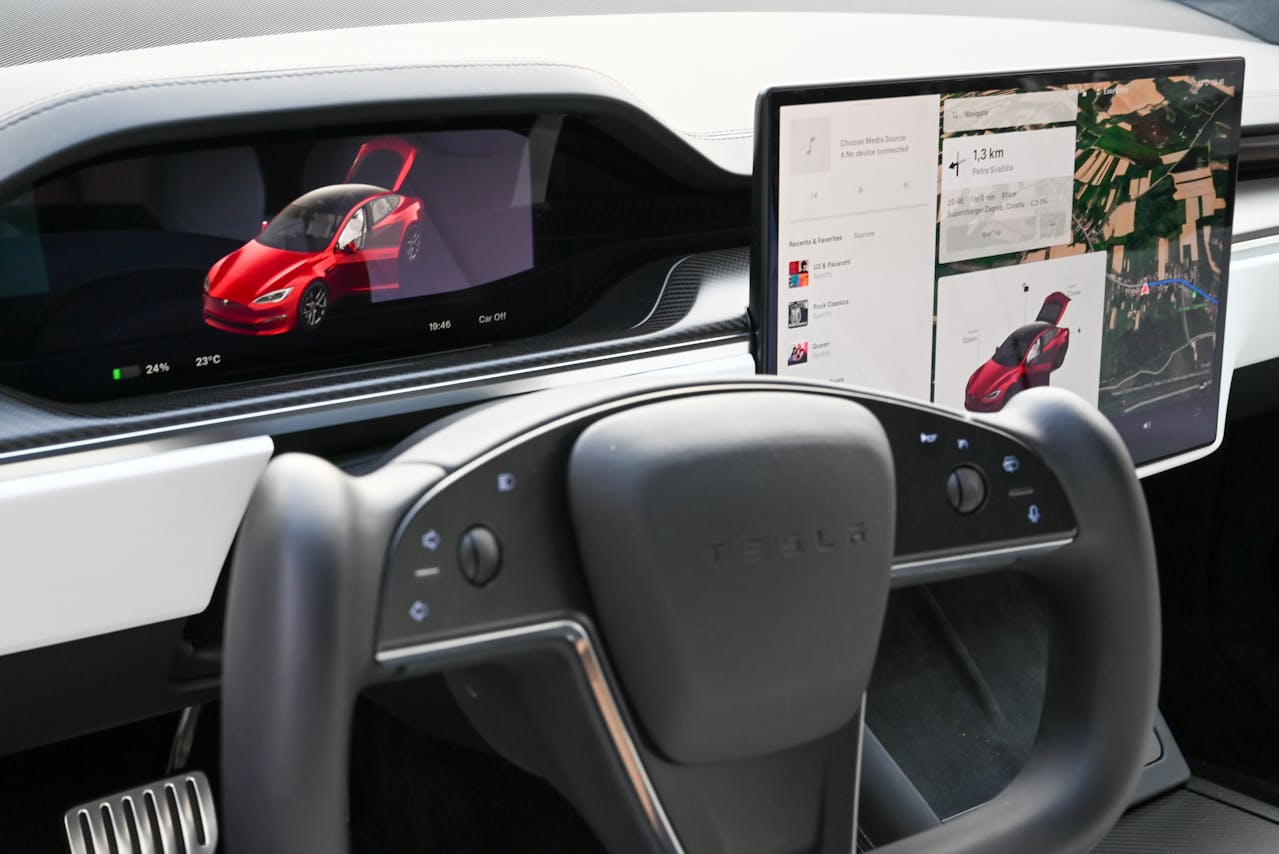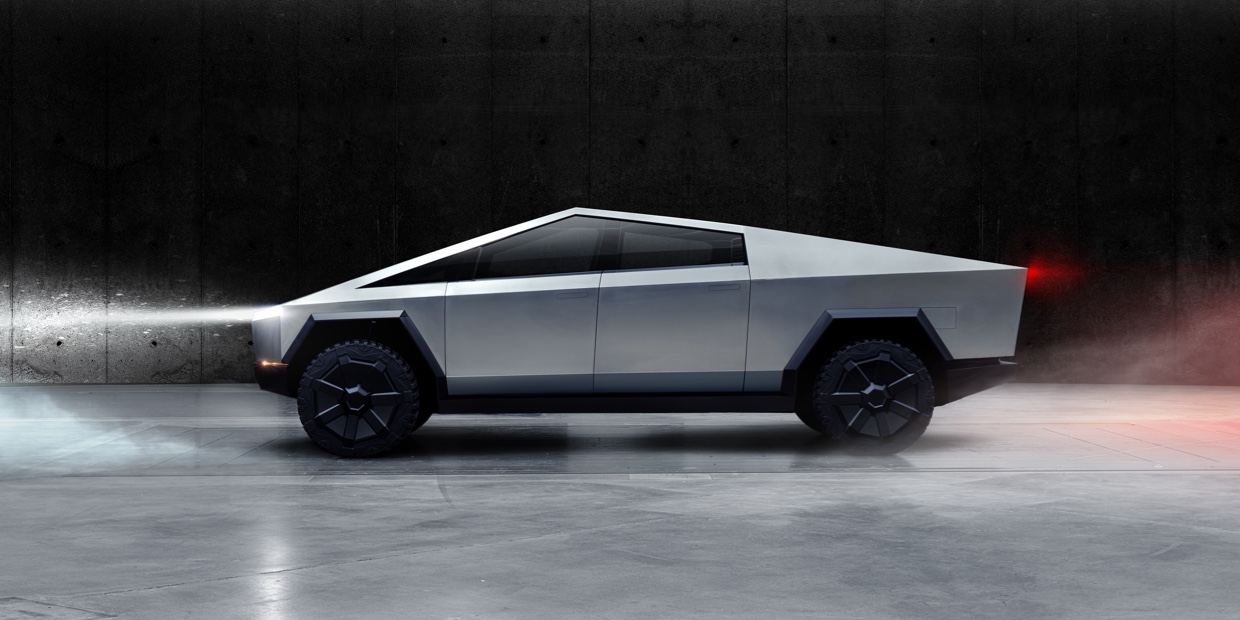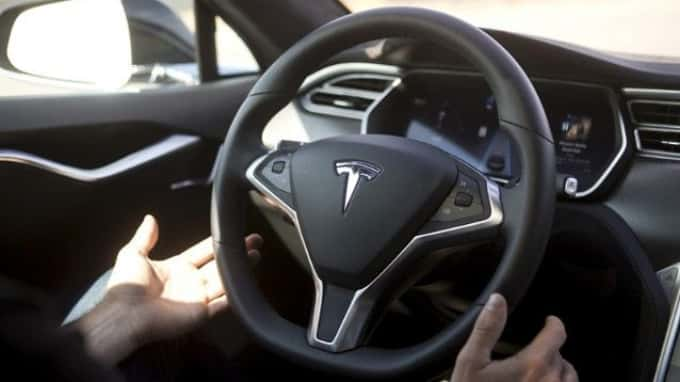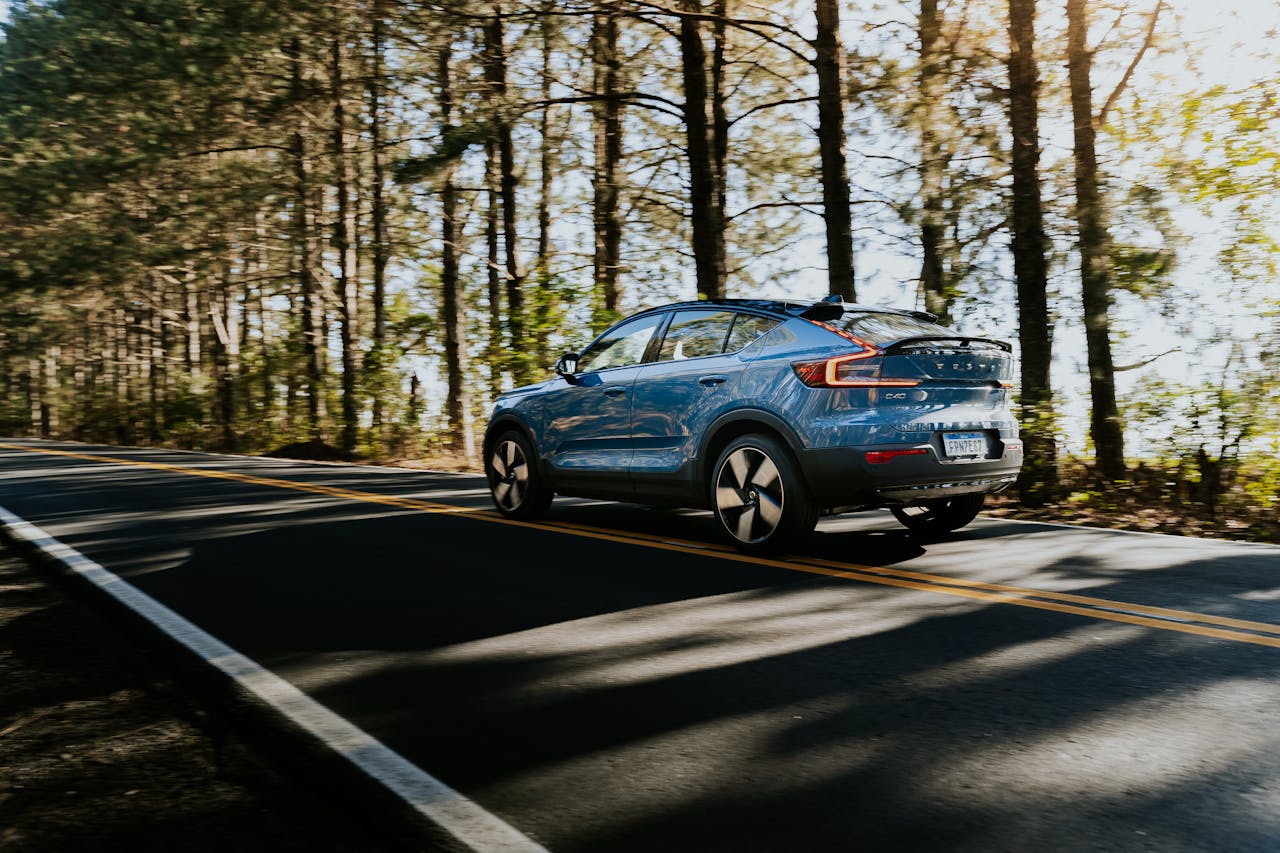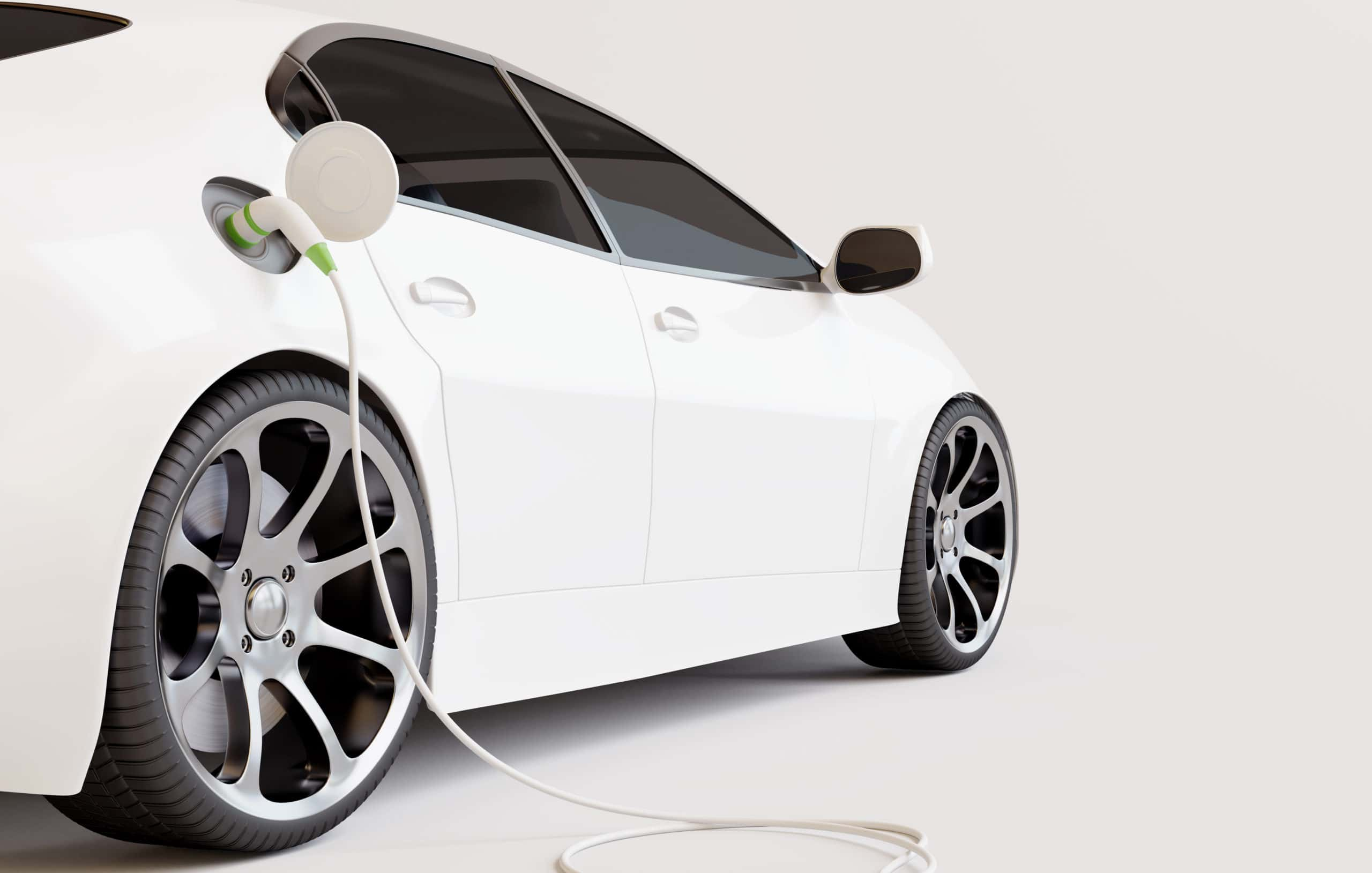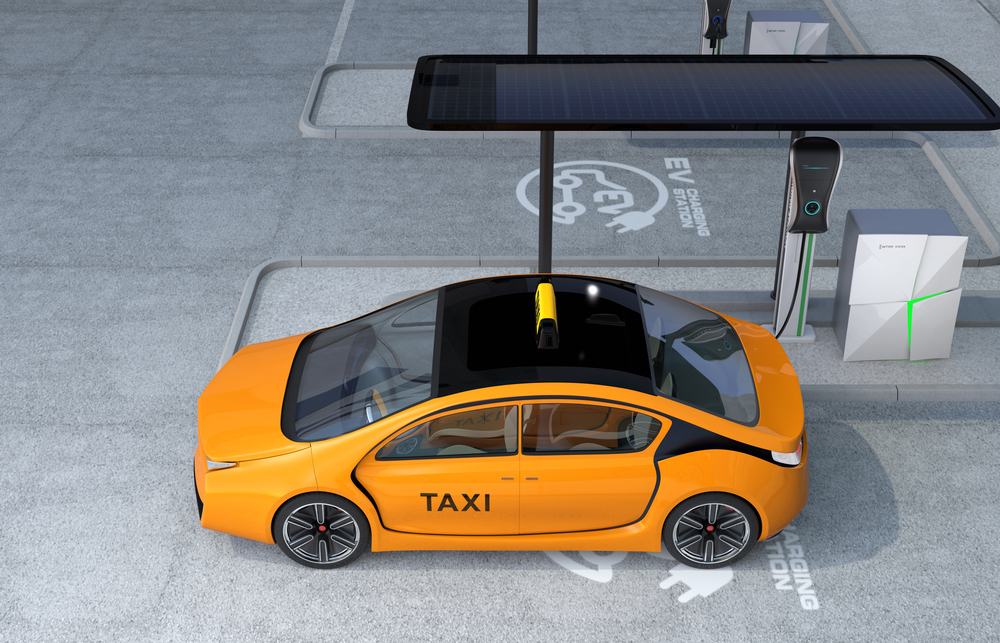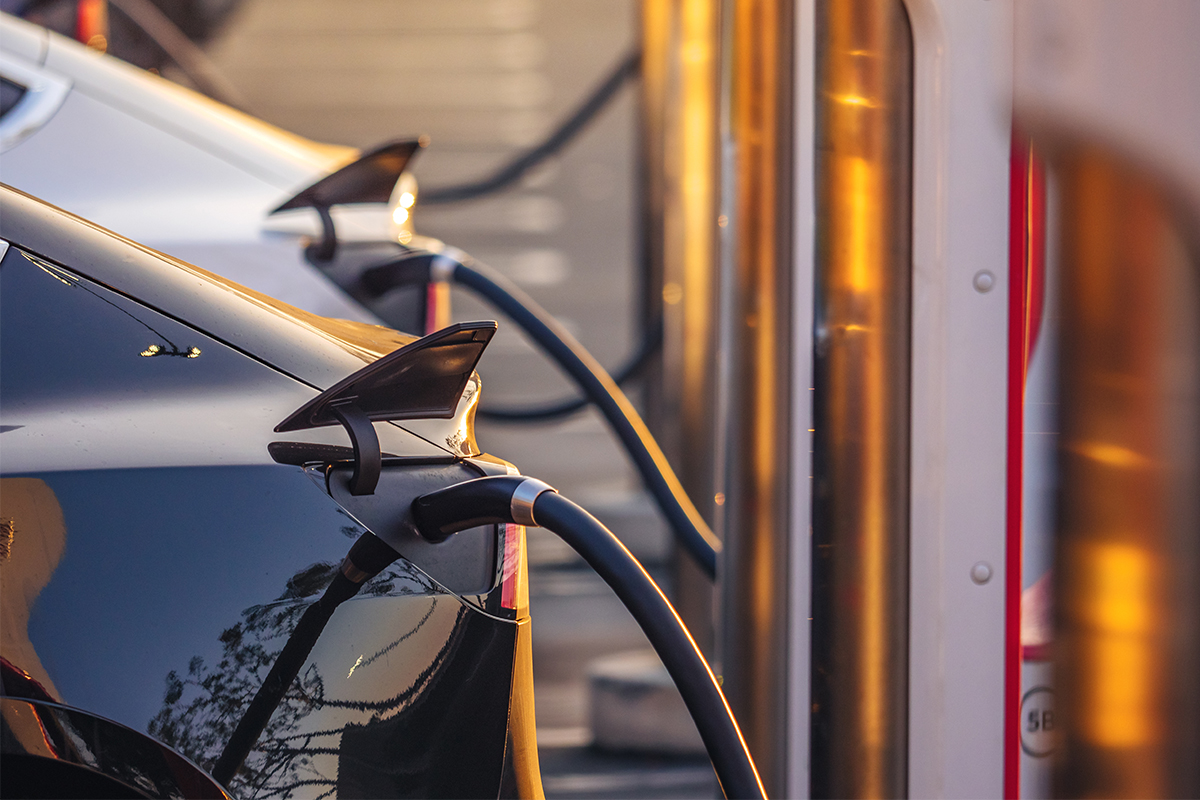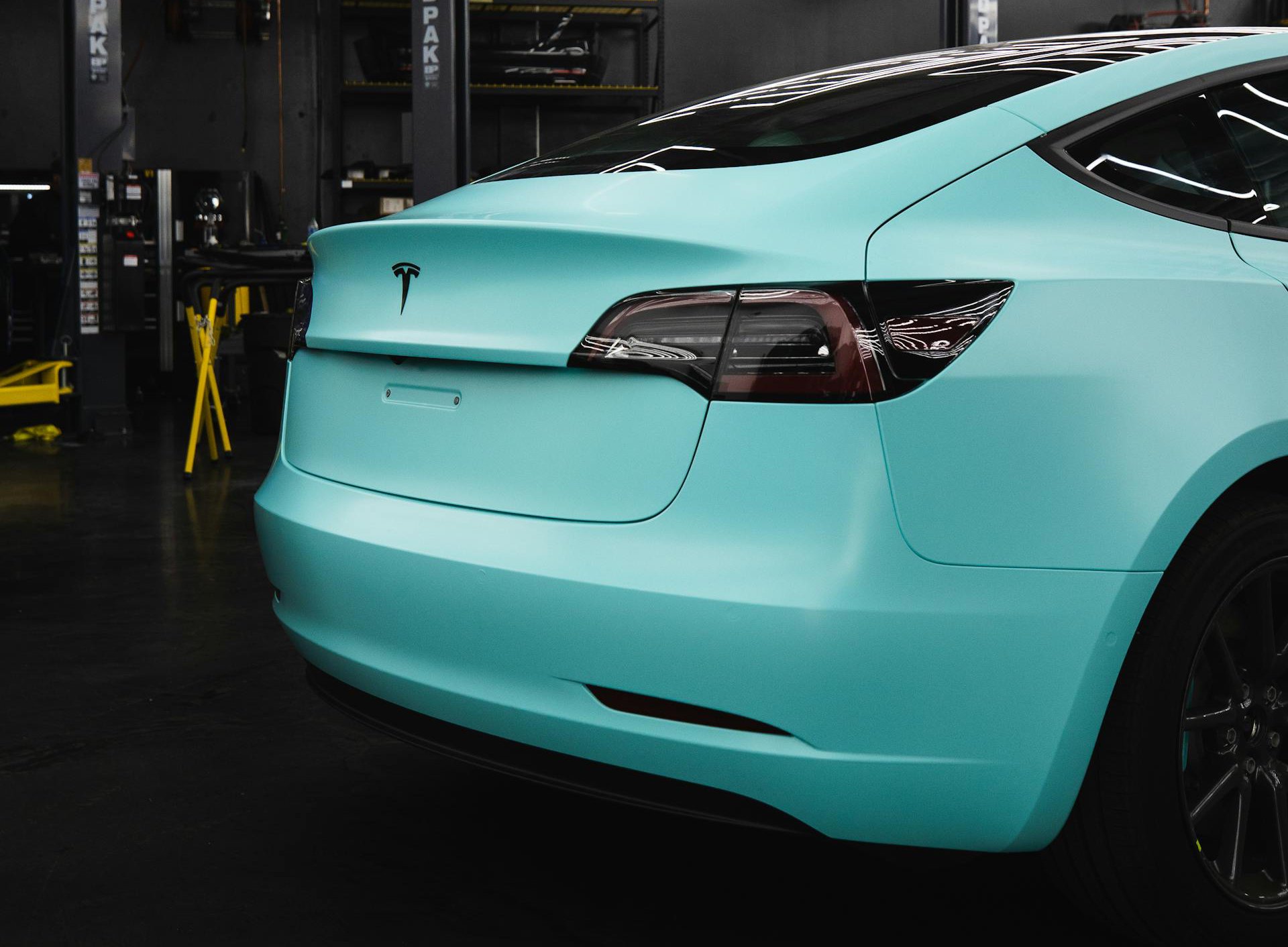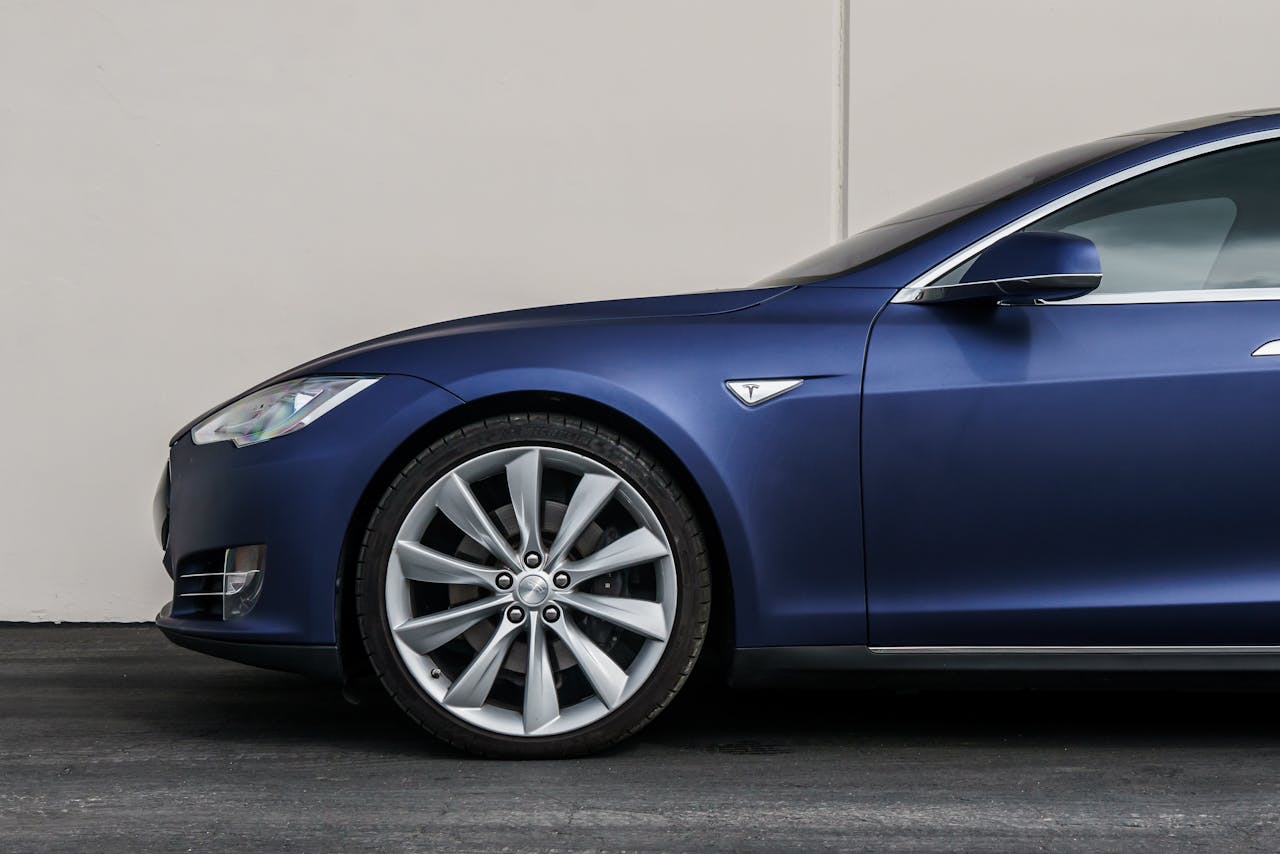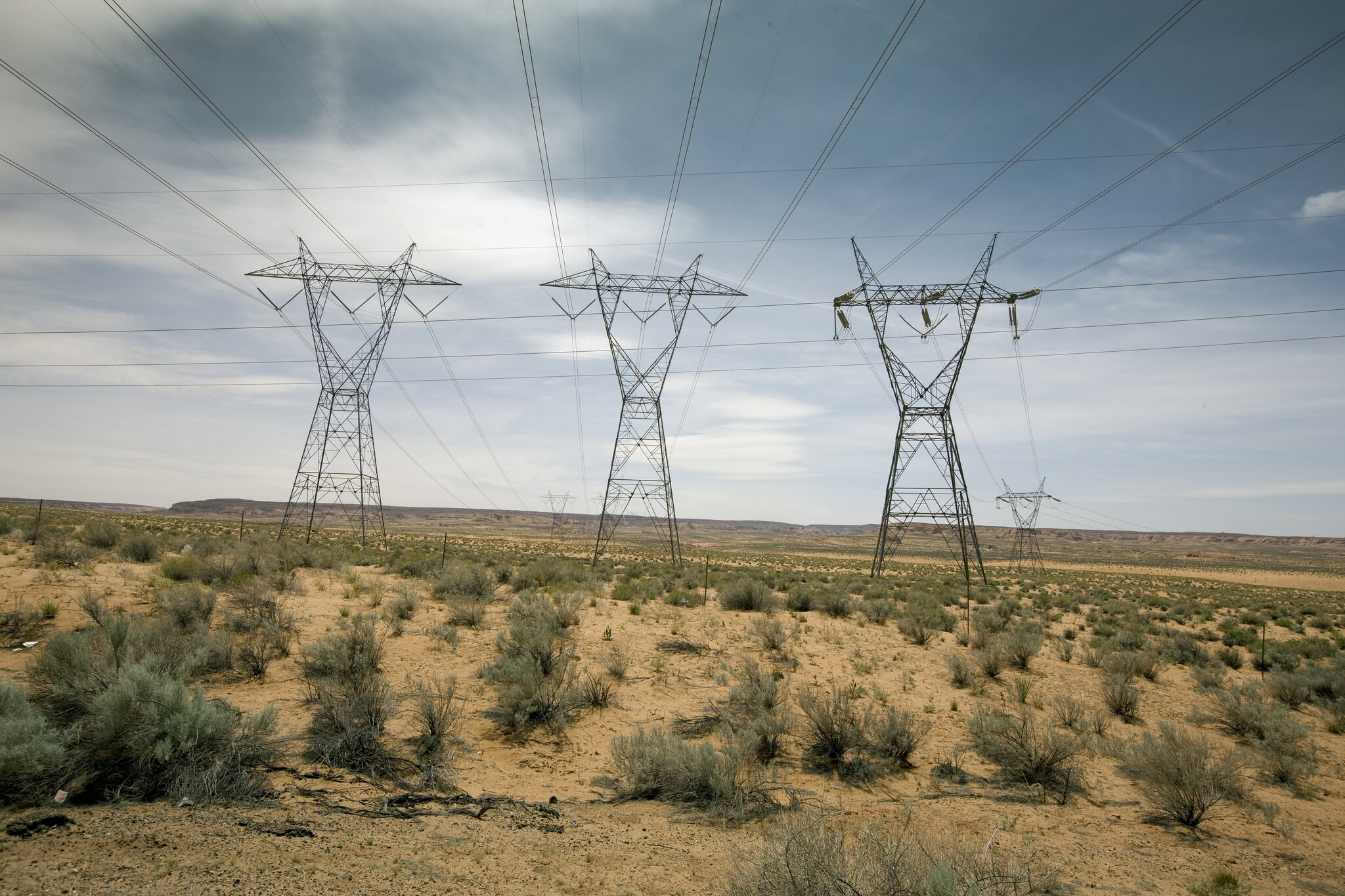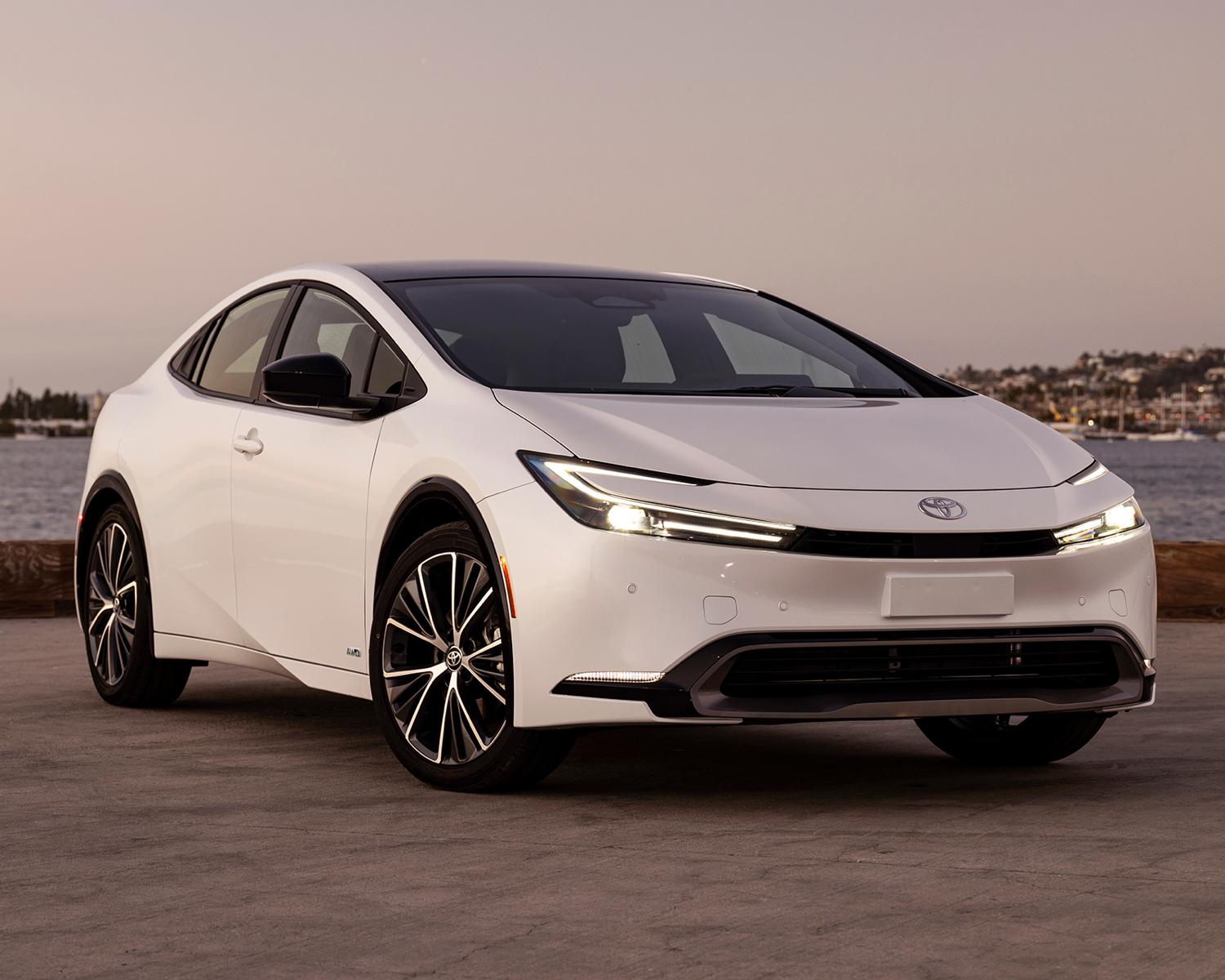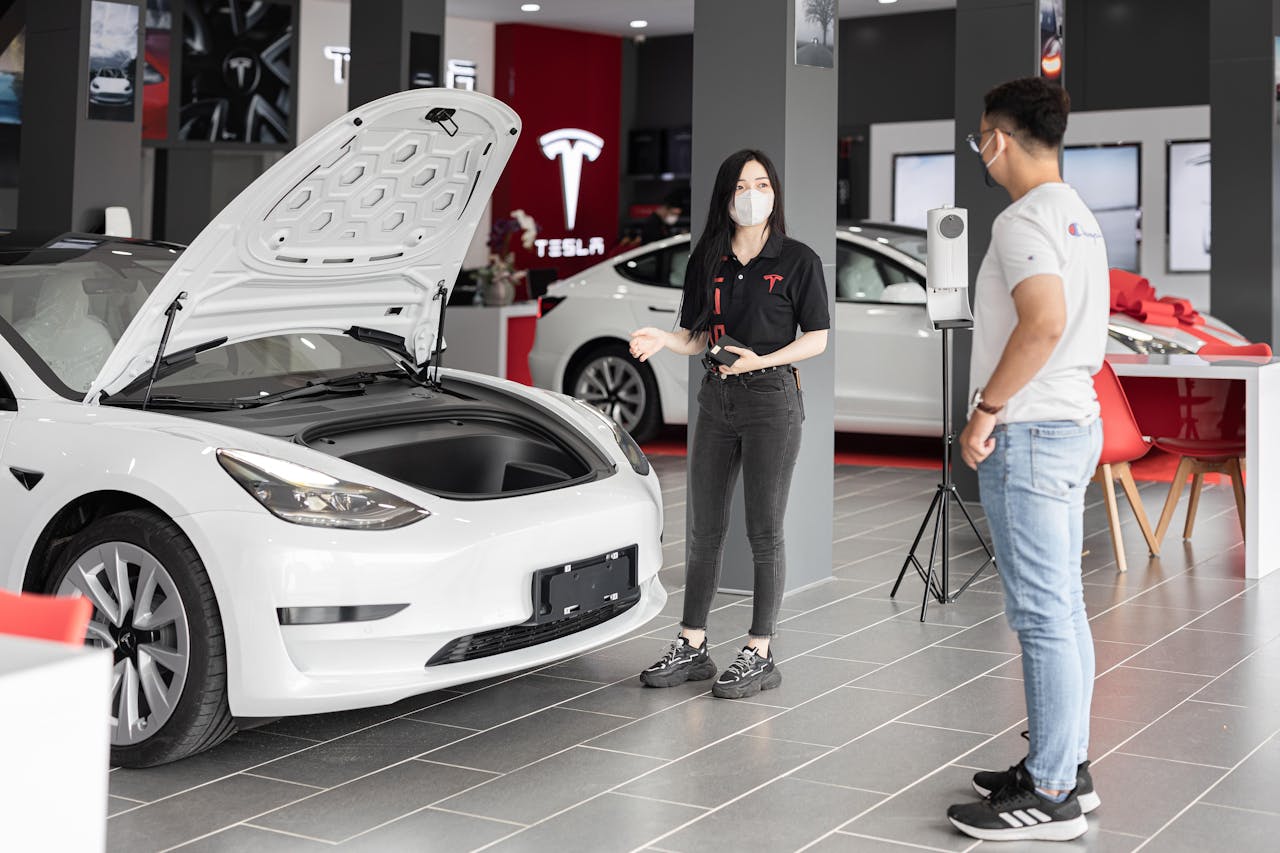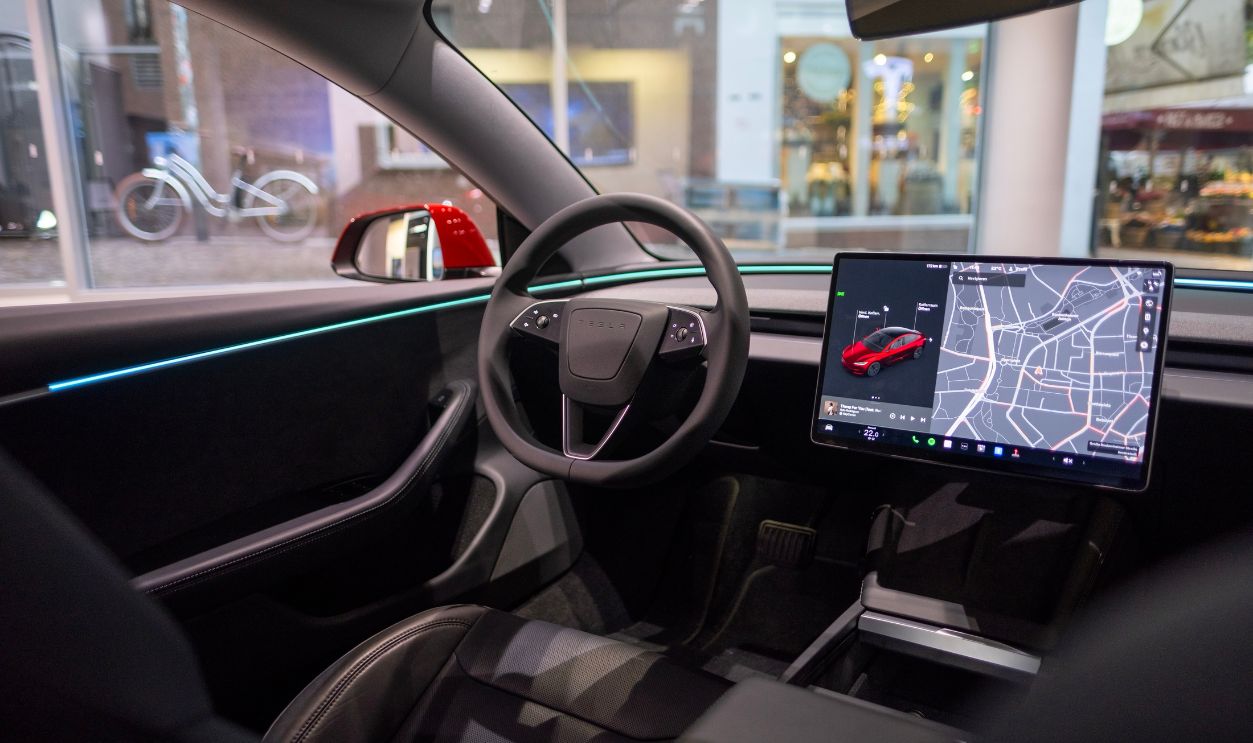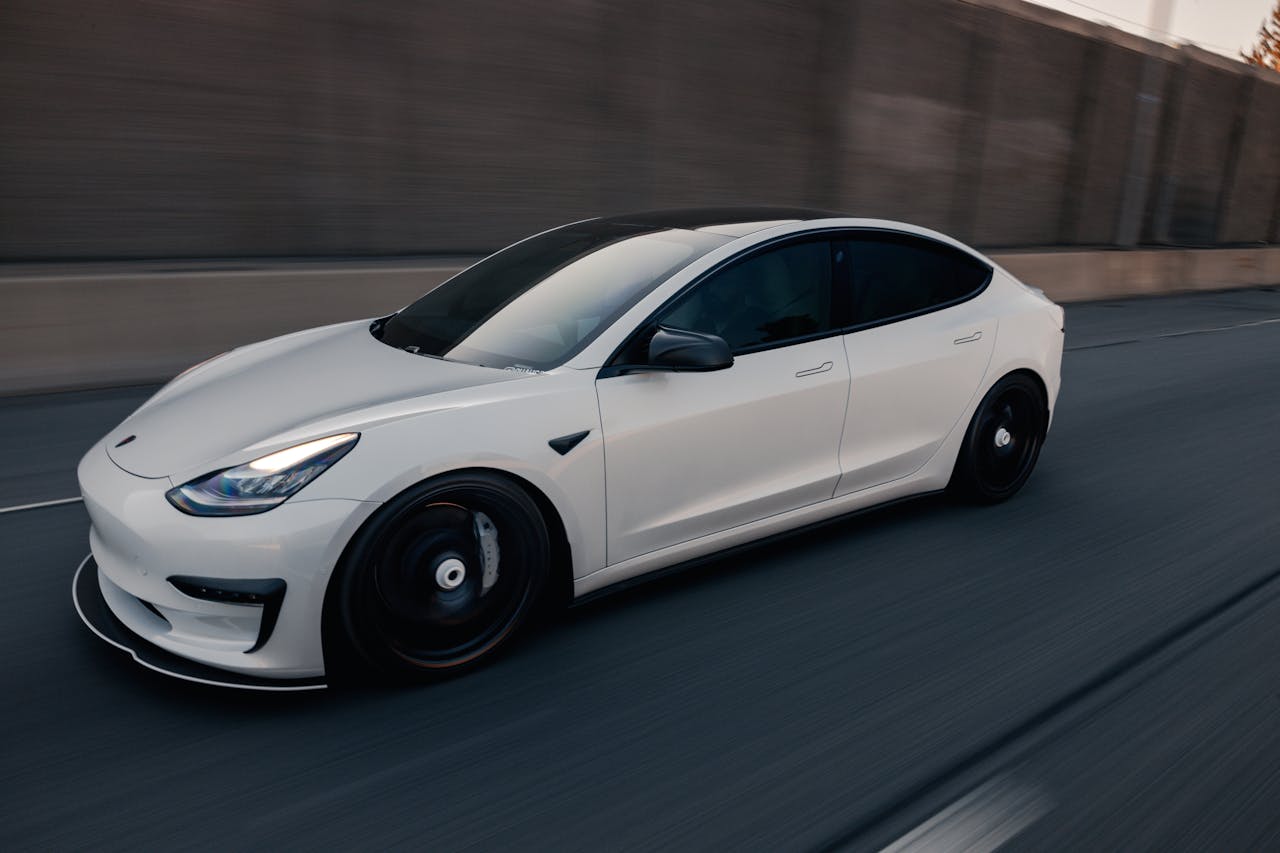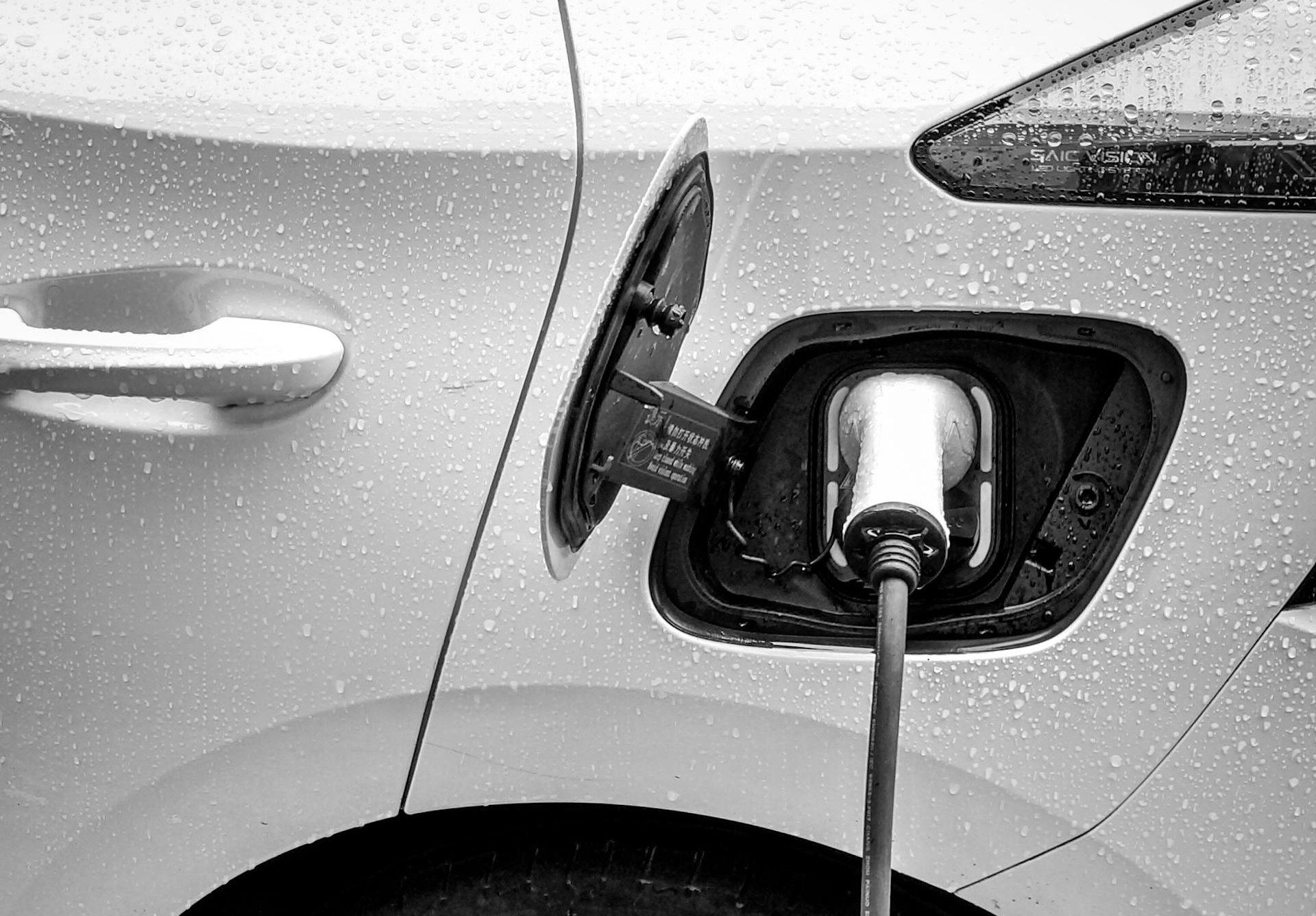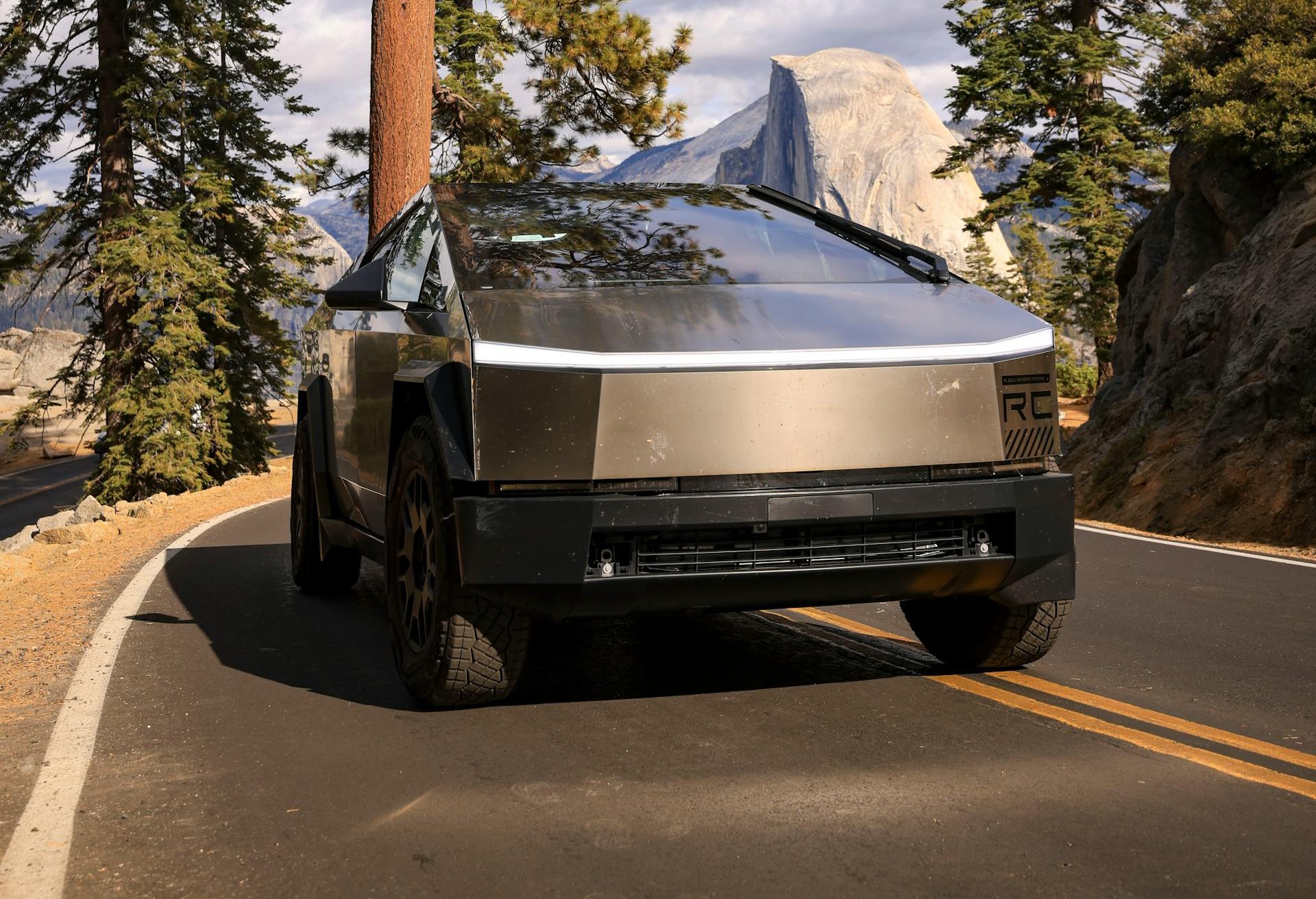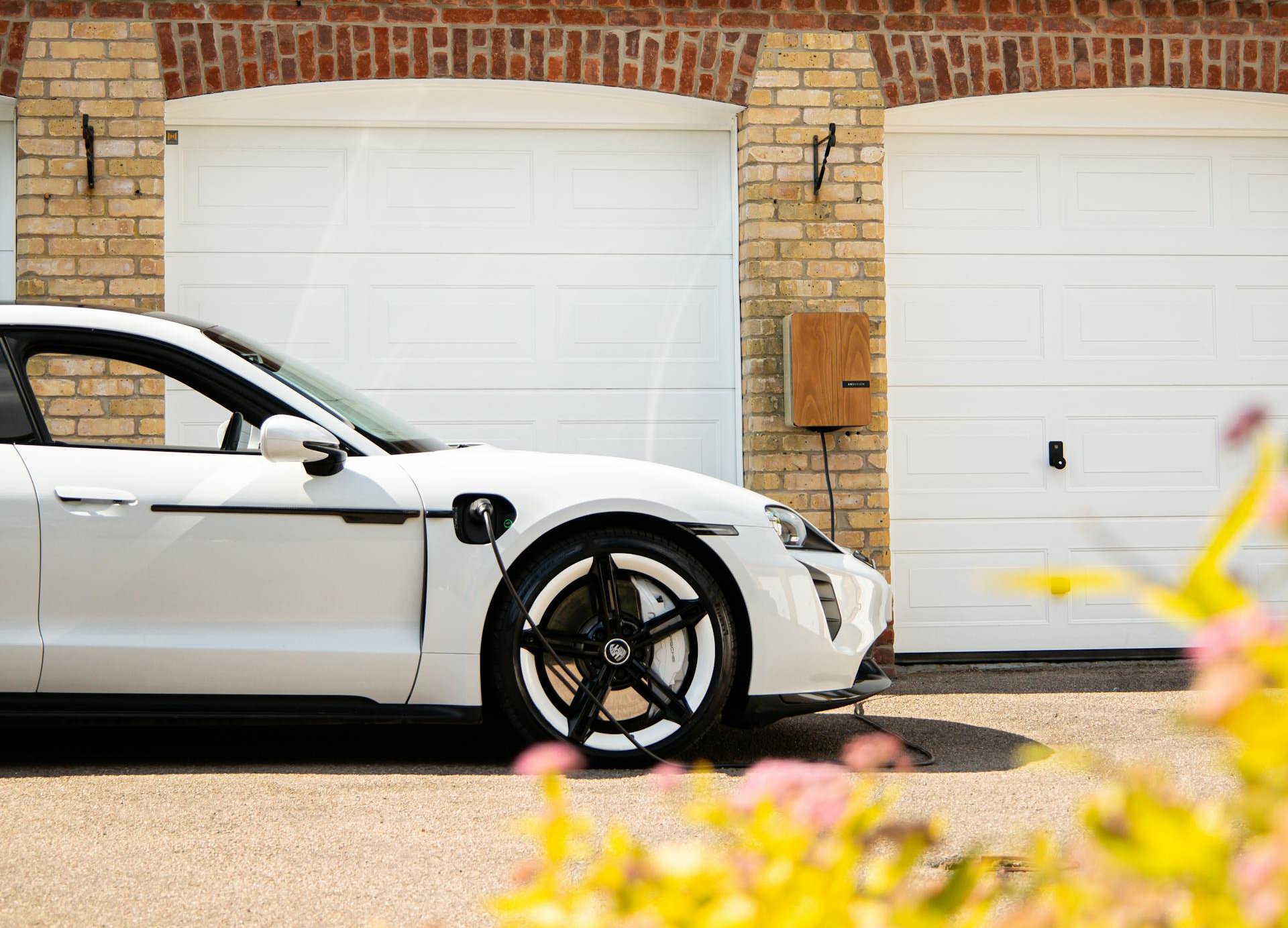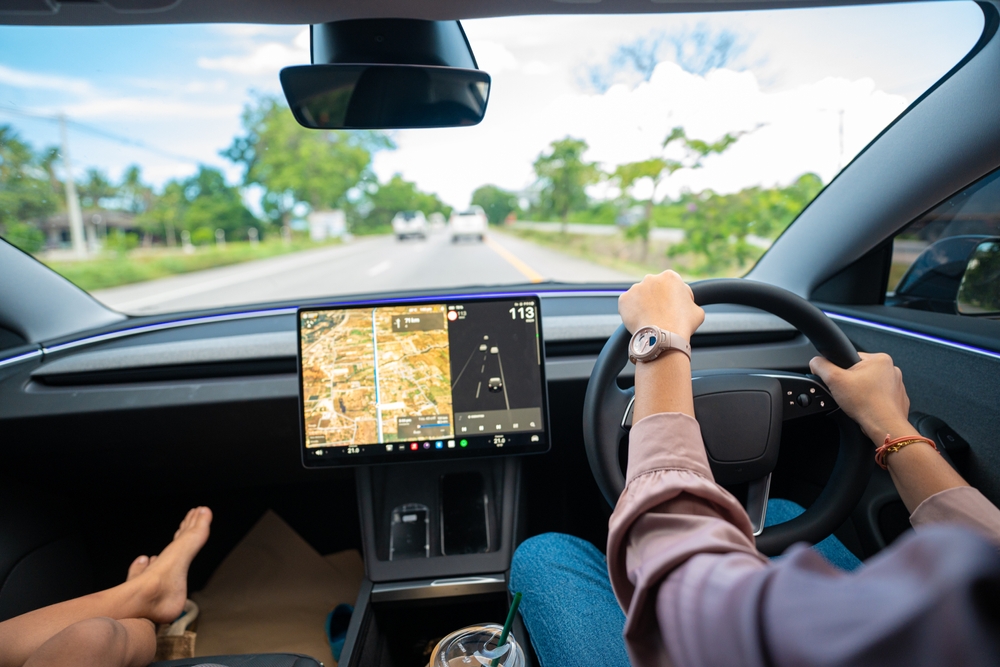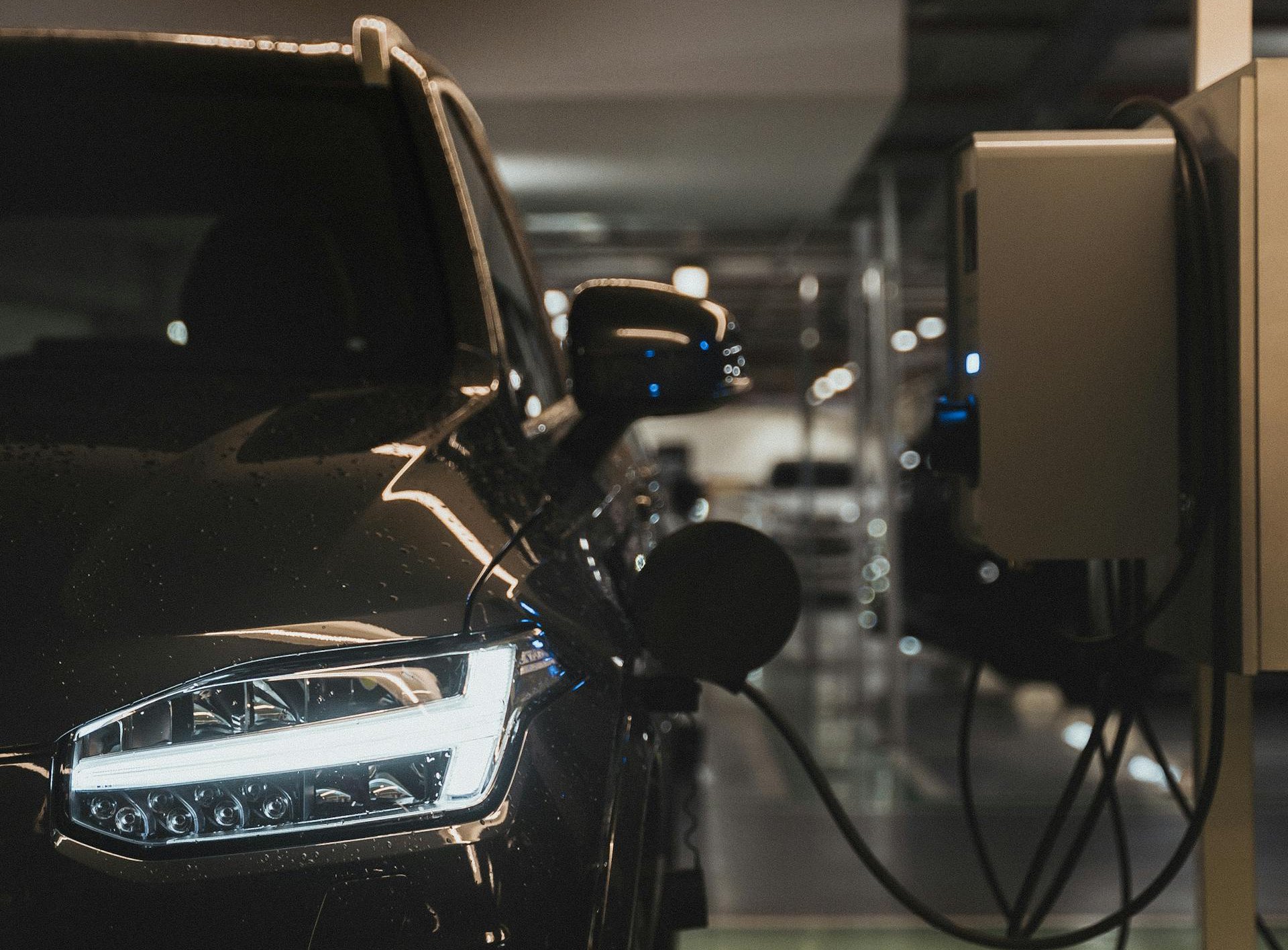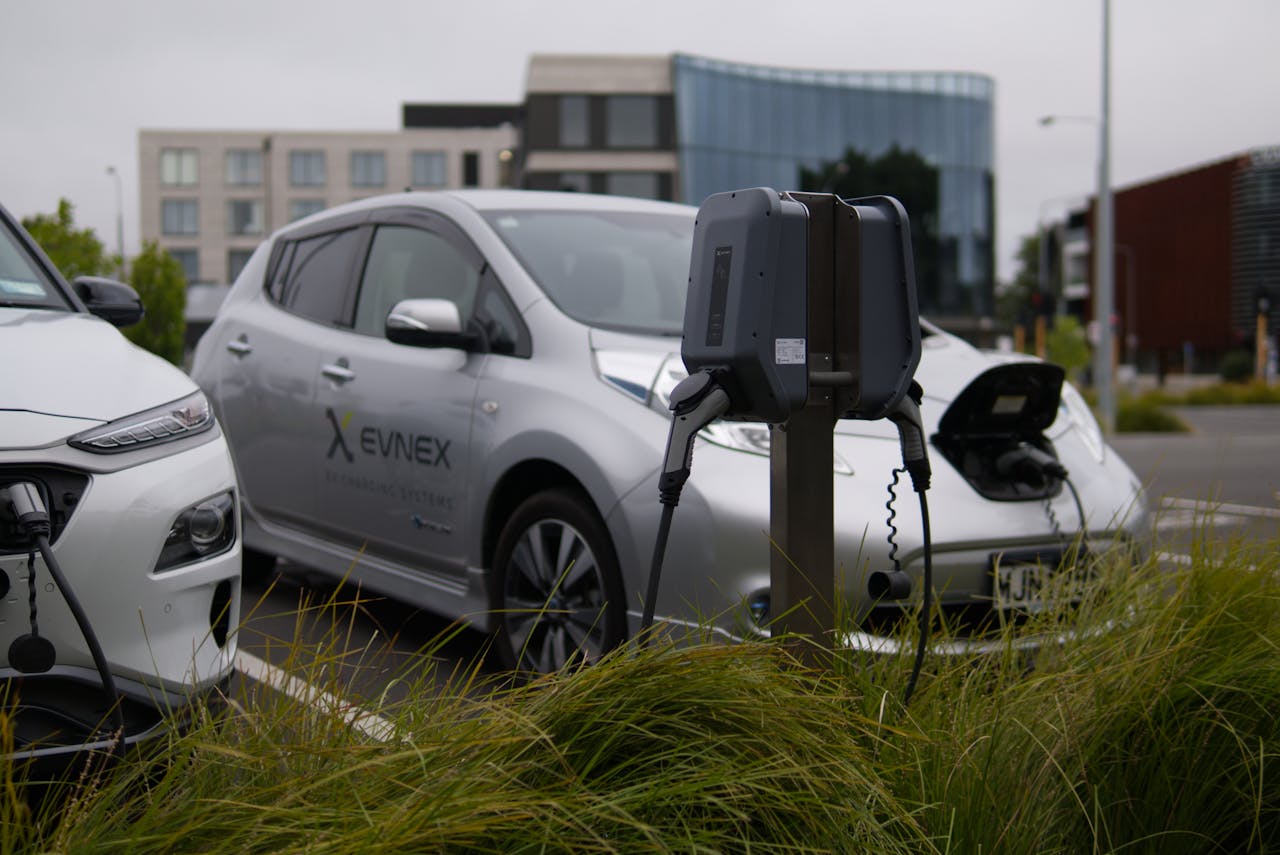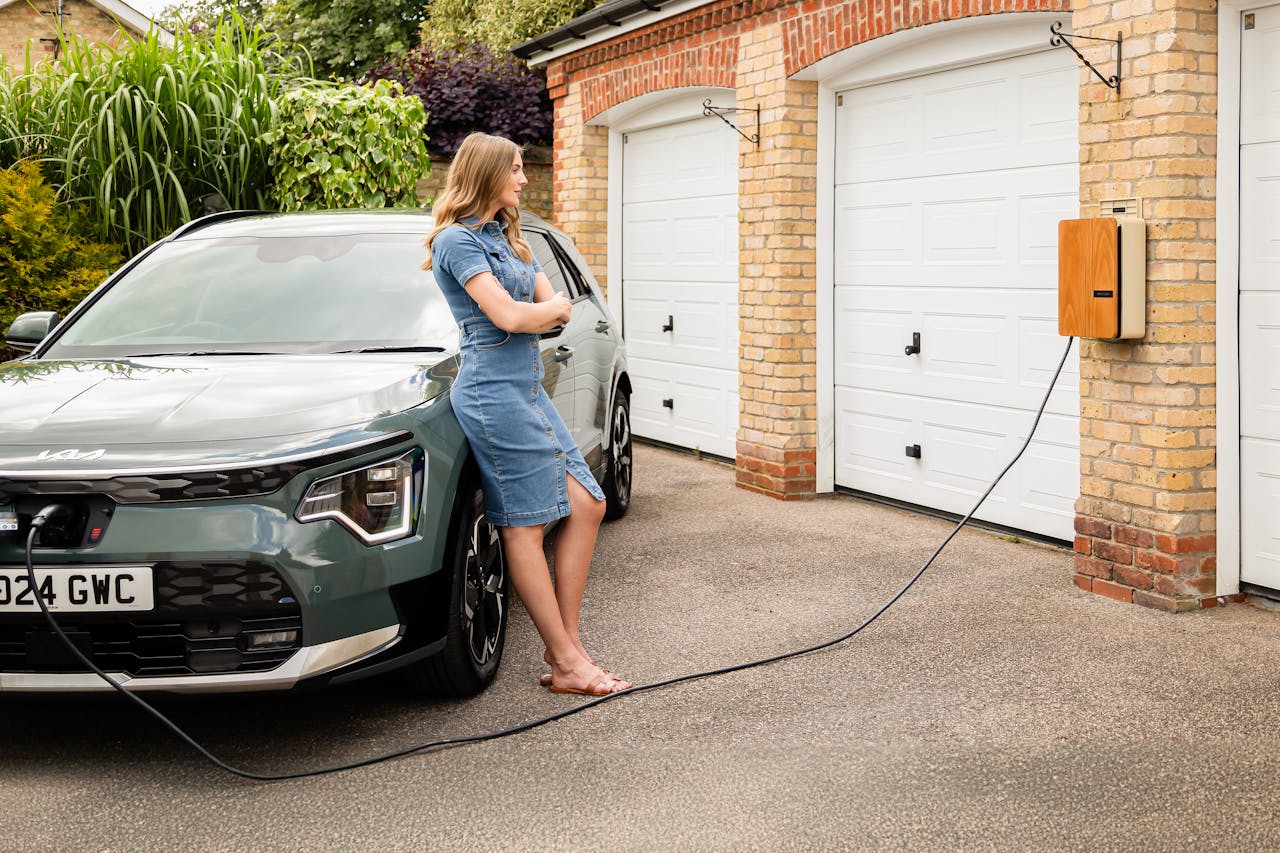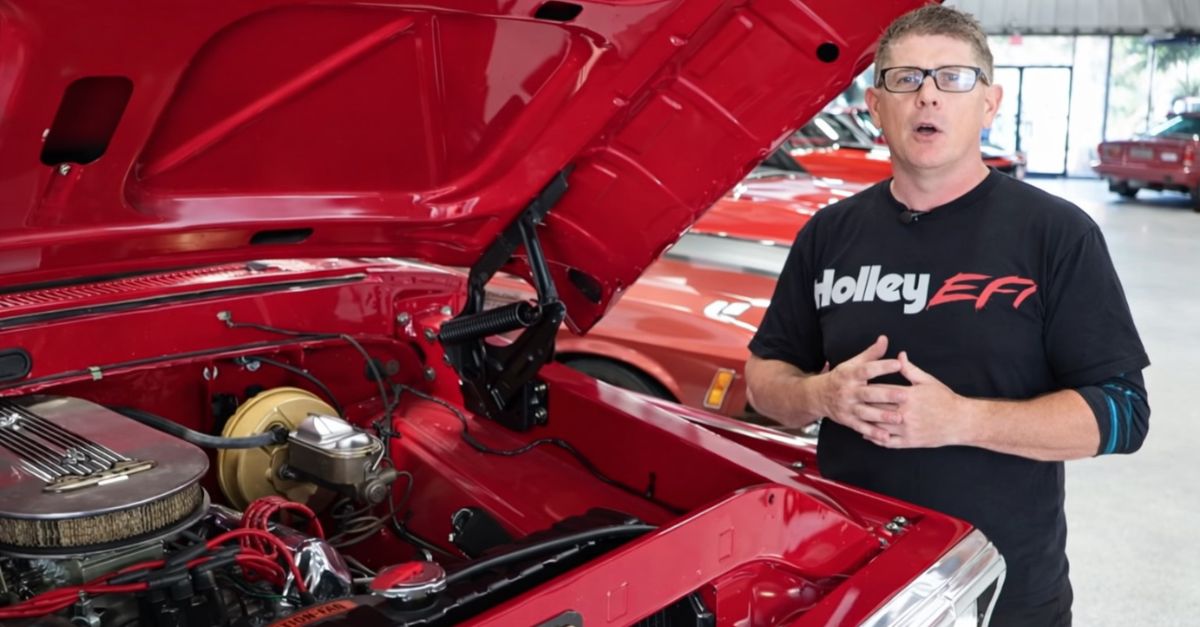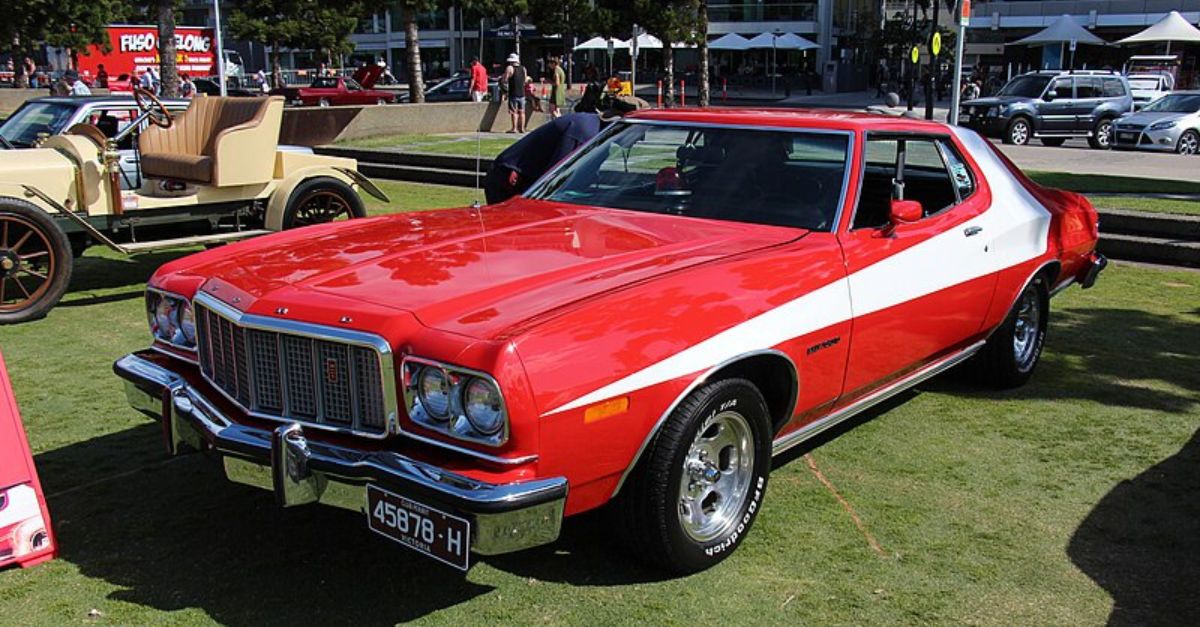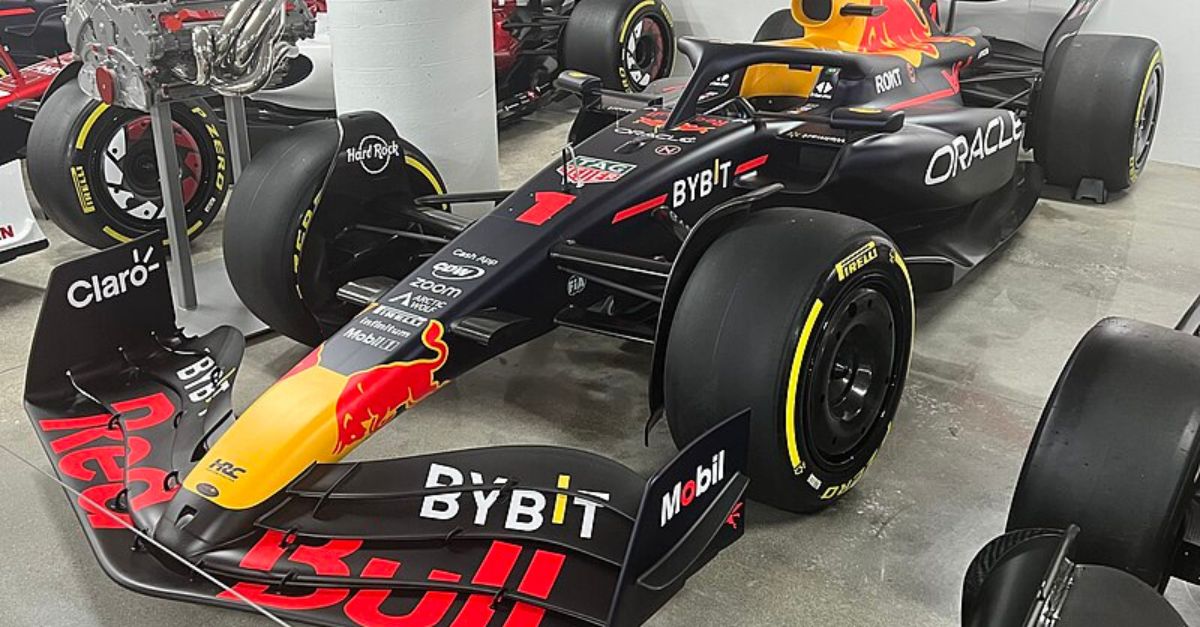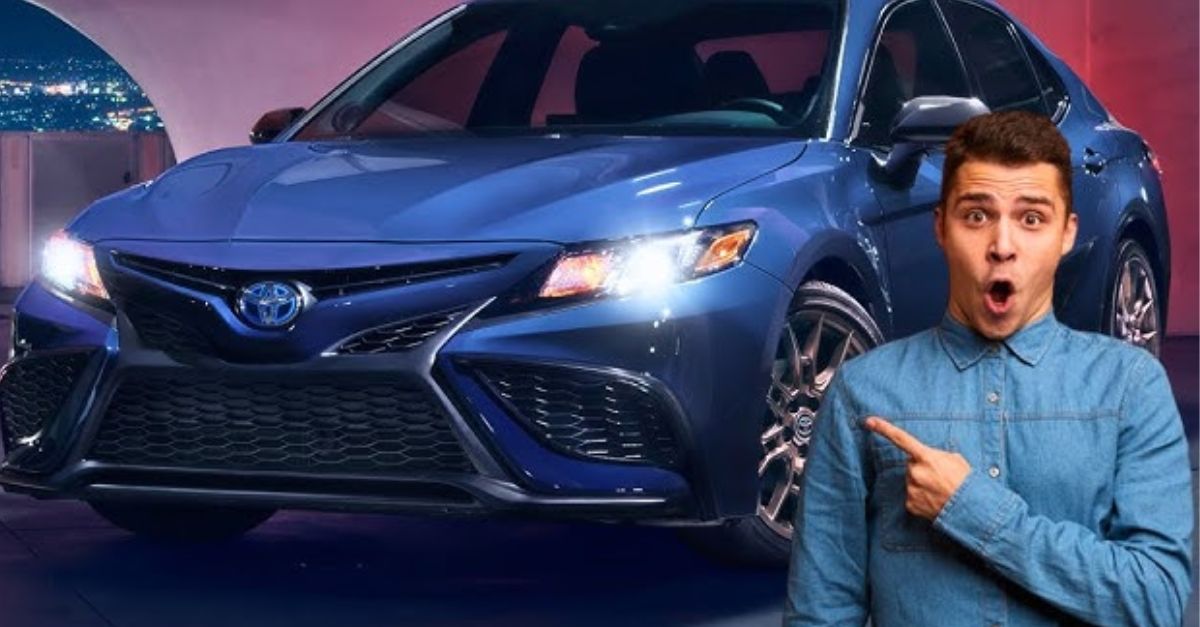Waiting For Sparks To Fly
It seems like yesterday that the first electric vehicles found their way onto the road—and now, car buyers find themselves overwhelmed by choice. However, many Americans have been reluctant to make the move to electric.
For a long time, the reasons why were mysterious, but recent studies have shown that many people have the same concerns—some of which are quite dire.
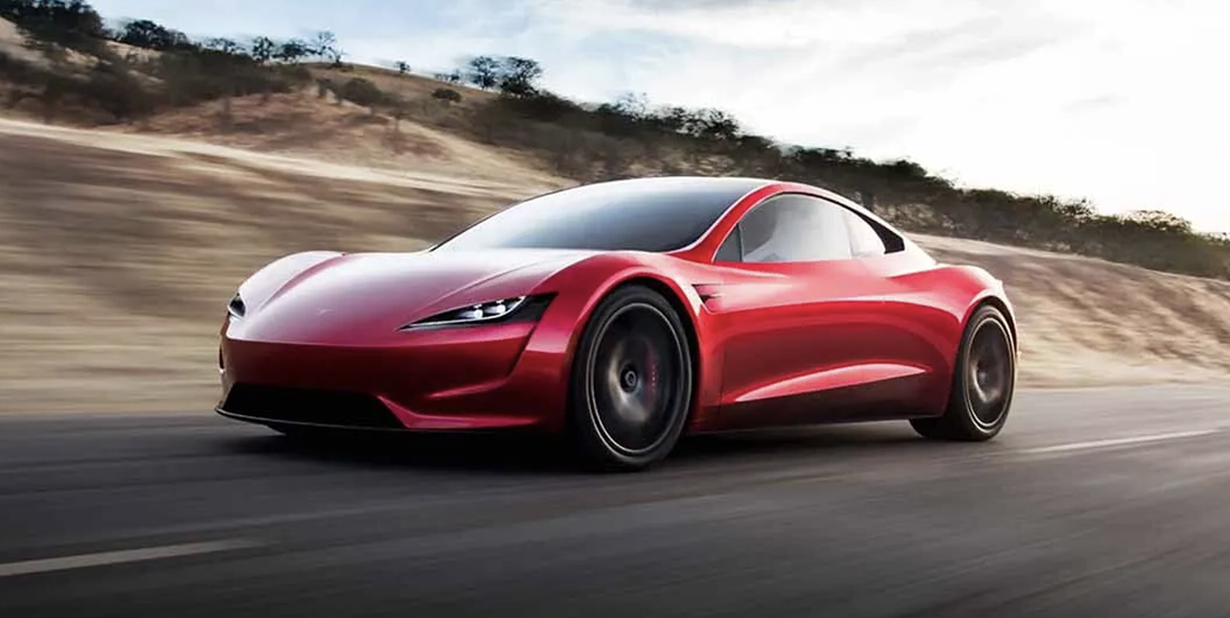
Safety Concerns
Reports of EV battery fires and explosions have sparked safety concerns among the public, despite their rare occurrence and adherence to strict regulations. Ensuring people feel secure is crucial if EVs are going to be widely adopted.
Learning Curve
As much as electric vehicle manufacturers have tried to make the transition from gas to electric seamless, there is still a pretty steep learning curve. The differences in braking and accelerating, as well as the lack of aural feedback from car noise can be jarring to even experienced drivers.
Motion Sickness
Related to the learning curve, many drivers and passengers in Teslas, in particular, have reported an increase in motion sickness while driving. This is likely due to the single pedal. Teslas have strong regenerative braking, which recaptures max energy—but in the hands of a less-experienced driver, this can lead to jerkiness.
Cost
Electric cars are still notably more expensive, with a higher initial cost than gas cars. Tax credits may make a difference for some buyers, but the variance is still pretty substantial. Technological advances may eventually lower prices, but currently, cost is a major challenge for many consumers.
Availability
Many drivers in the US rely on the secondary market for vehicles, and some people fully—and perhaps, rightfully—believe that buying a brand new car is a waste of money, since they depreciate so fast.
To date, there are fewer electric vehicles being sold and on the road, and many are still too new or too desirable to make them a good value to buy used.
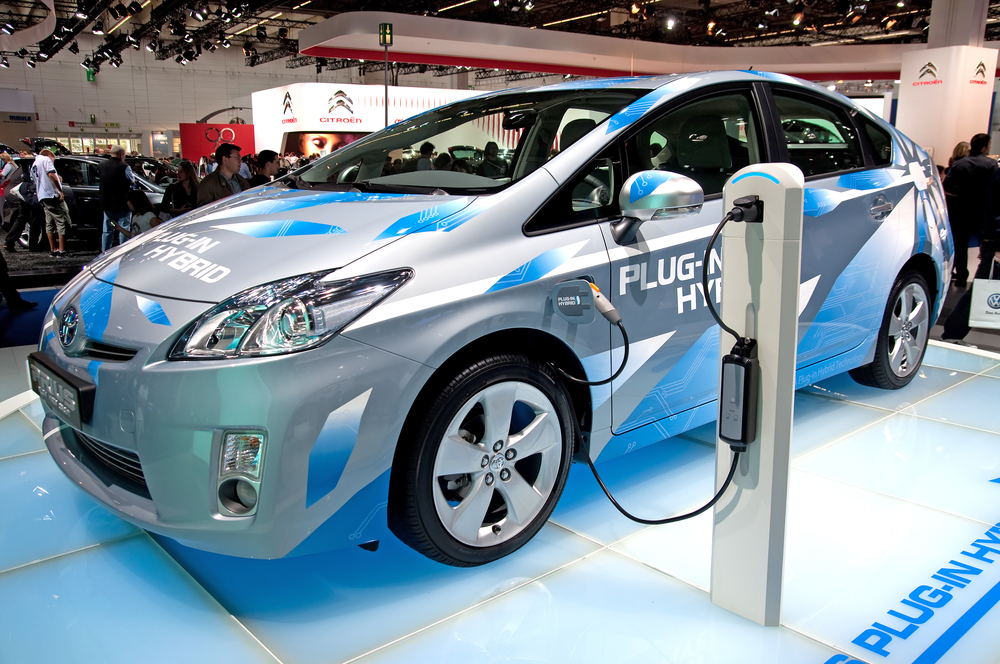 BP63Vincent, CC BY-SA 3.0, Wikimedia Commons
BP63Vincent, CC BY-SA 3.0, Wikimedia Commons
Limited Options
Limited electric car models compared to gas cars may disappoint individuals with specific size, style, and feature preferences. Apart from Tesla, there aren't many other car brands with established EV lines to choose from.
Distance
Electric vehicles make sense to drivers in other countries, who generally travel for small distances. But drivers in the US tend to cover more ground on average, and on longer drives with less reliable access to charging stations, this can present a problem.
Battery Life
There is a real (and reasonable) fear of running out of battery, both while driving short and long distances. The range anxiety and lack of charging stations hinder people from making the jump from gas to electric.
Battery Fires
This may fit into the category of safety concerns, but it’s worth noting that EV battery fires burn faster and hotter. They can take a lot of effort and water to put out, but may burn so quickly that the car is impossible to save.
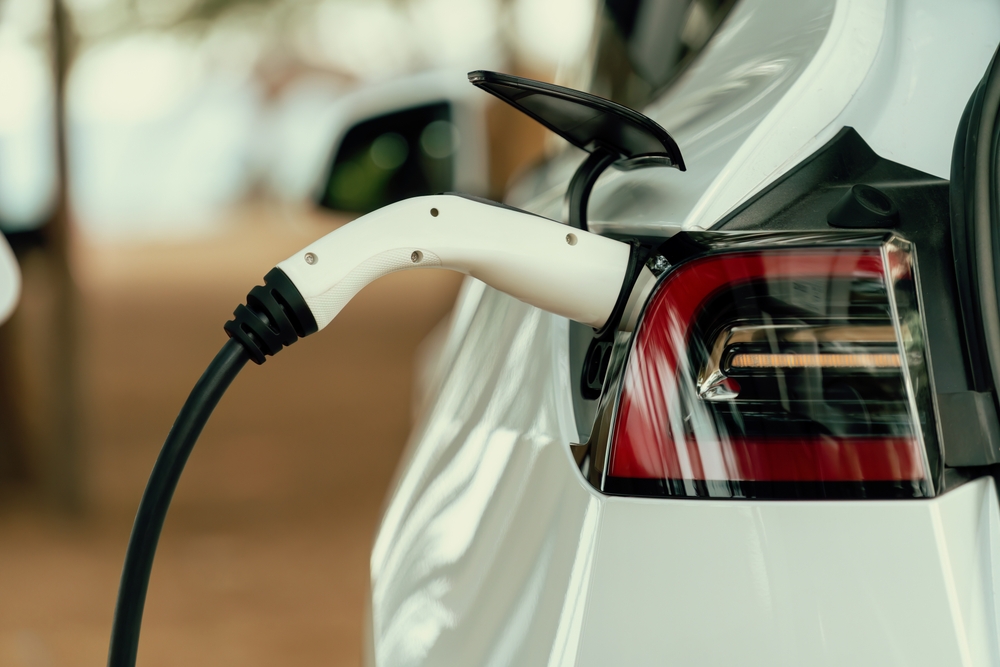 Owlie Productions, Shutterstock
Owlie Productions, Shutterstock
Charging Station Availability
There are simply fewer charging stations compared to gas stations. You could be fine in a large city—but you could also face the same problems one faces when trying to find parking in a crowded area. And then, of course, there are very few charging stations in rural areas.
Long Charging Times
Have you been at an interstate rest stop lately with charging stations? On a holiday weekend, there might be a line-up for them, and charging an electric car is much slower than filling up a tank with gas.
With rapid chargers, it still takes 30 minutes to an hour, and this is potentially a deal-breaker. Especially on a long-distance road trip, that’s too long of a break for many drivers.
Costly Repairs
Replacing an electric vehicle's battery is pricey, despite warranties. The idea of future costly replacements causes anxiety for owners, and many of them do not want to be burdened financially with repairs.
 Quality Stock Arts, Shutterstock
Quality Stock Arts, Shutterstock
Lackluster Driving Experience
Some drivers find electric vehicles less thrilling than gasoline cars, missing the engine noise and traditional feel. Highlighting electric cars' benefits could change their perspective, but it would still take a lot of convincing.
Fringe Costs
On top of the up-front cost of buying an EV, there’s also the cost of installing an at-home charger, which can run around $2,000. On top of that, many insurance companies charge more for EVs.
Un-Green Production
Electric vehicle production, especially batteries, emits harmful emissions due to extraction and production processes. Despite this, EVs emit less carbon than gas cars throughout their lifespan.
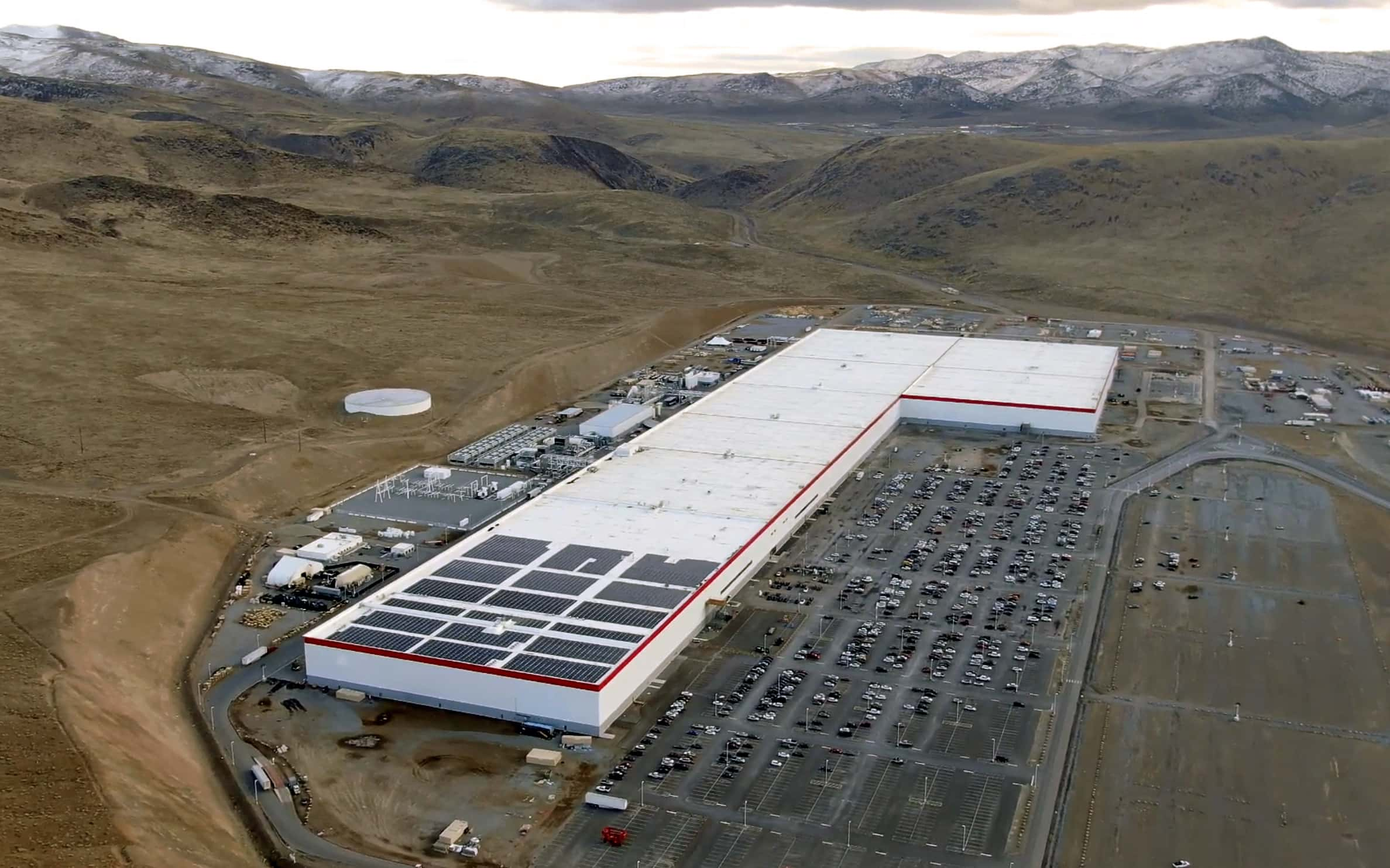 Smnt, CC BY-SA 4.0, Wikimedia Commons
Smnt, CC BY-SA 4.0, Wikimedia Commons
Weather Performance
Cold weather reduces electric vehicle efficiency, causing faster battery depletion. Concerns arise for reliability in severe weather regions. Winter poses challenges for EV performance.
Weight
Many EVs are remarkably heavier than their gas counterparts, and there is a worry about prolonged damage to road, bridges, parking garages, and even residential garages from the increased weight.
Tires
Due to weight and wear and tear, consumers will have to buy tires more frequently for their EVs than their gas vehicles, to say nothing of the cost of changing them. This can be a deal-breaker for many car buyers.
Resale Worries
Electric cars depreciate faster than gasoline cars, causing financial risk for buyers. Some are reluctant to buy due to fear of faster depreciation, which would effectively make their purchase not as worth it.
Education
Limited understanding of electric vehicles leads to continued preference for gas-powered cars. More education on the benefits and performance of EVs is needed to promote a shift in choice.
Belief Systems
Political beliefs affect electric vehicle purchasing decisions. For example, many Republicans are hesitant to buy EVs as their spending habits are typically not motivated by environmental causes.
Reliance On Rewards
There is skepticism regarding government incentives that claim to reduce electric vehicle costs long-term. Some people believe that if they buy an EV, they will become dependent on these incentives which are likely not to last forever.
Overloading The Grid
The rising number of EV users is increasing the demand for electricity. This means that the current power grid may struggle as a result of a greater need to charge EVs. Improvements to support a growing number of electric vehicles is crucial.
Car Manufacturers On The Fence
Some car manufacturers are not completely dedicated to producing EVs. Some prioritize hybrids or conventional vehicles, which tend to sell better than outright EVs. A result of this slow progression is a subsequent slowing of the advancement of EV related technologies.
Patience
There may be many prospective EV buyers out there who are simply waiting to pull the trigger until the market steadies itself—waiting for prices to go down, infrastructure to improve, and technology to get better.
Love For Gas Vehicles
There is a powerful cultural connection to automobiles powered by gasoline. A lot of Americans have been raised with them and choose the comfort of familiarity. It will require both time and effort to shift this mindset.
Unsteady Market
People who keep an eye on the markets have noted an increase in “green” companies going bankrupt in 2023 and 2024. People may be reluctant to buy a vehicle, lest the company go bust and their warranty be voided.
Anxiety About The Future
Advancing EV related technologies such as self-driving cars and AI dashboards is raising concerns among some individuals. The idea of robots dominating the roads is a concept that is not easy for everyone to grasp.
Carbon Cost To Emissions Ratio
As one commenter put it, it would take overtime hours at work—the result of which would be increased carbon emissions (though not everyone’s jobs are the same)—in order to afford a pricier electric vehicle. For some, the math simply doesn’t add up.
Tow Trucks
One thing that looking at the so-called “EV problem” will make clear is how much infrastructure exists around gas vehicles, and how it took decades to build up. Tow trucks are but one small example of this—if you run out of power on a rural highway, will you be able to locate a towing company that offers charges? Surely, these services will be more reliable in the future, but they’re not so accessible at the moment.
 Kevauto, CC BY-SA 4.0, Wikimedia Commons
Kevauto, CC BY-SA 4.0, Wikimedia Commons
Cutting Production
In response to a slowing demand for EVs, many major car manufacturers like Ford and GM are cutting production. Over time, the effects of this may be seen in waiting times and vehicle costs, among other factors.
 Alexander-93, CC BY-SA 4.0, Wikimedia Commons
Alexander-93, CC BY-SA 4.0, Wikimedia Commons
Disposal Fees
Another fringe cost that few consumers realize they may have to face comes when it’s time to change the battery. Beyond the fact that it’s a costly operation, there’s also a fee for disposing large batteries.
Design
Many EVs have made great bounds and leaps forwards in terms of design. And then, of course, many others aren’t quite as palatable, visually, to the American public. Some, we might even go so far to say, are complete eyesores—but we won’t name names.
Finding The Right Market
As mentioned earlier, the infrastructure is there for urban usage, but many urbanites refrain from driving due to traffic and a lack of parking options. In rural communities, there’s room for people to have charging stations, but people often drive too far to make having EVs viable. Truly, the only good use case so far is suburban areas—but the market is already saturated.
Coercion
As the government offers incentives toward buying EVs and attempts to disincentivize gas vehicle usage, people may feel that they’re being coerced into trying a new technology they’re not comfortable with. This can lead to pushback.
Mistrust
Technology companies have scrambled to find ways to keep consumers on the hook—from software packages moving towards subscription plans instead of one-time purchases, to the planned obsolescence that keeps people updating their cell phones every year or so, as the old models begin to malfunction.
Savvy consumers who have been burned in the past may rightfully fear that EV companies may eventually work these kinds of schemes into their business model, adding to unexpected costs.
Not Quite As Advertised
Some consumers who have bought EVs have been disappointed with the guidelines for battery usage. It’s recommended for better battery life to keep electric vehicle batteries between 20% and 80% charged, and to avoid driving them below 20% for extended periods.
This means that the battery is essentially only acting at 60% capacity, which some people have felt burned by.
The Future Of Lithium
As the demand increases for lithium, there’s fear that the market will become too competitive, driving up the cost. Different energy agencies have predicted possible shortages, with some saying they could come as quickly as 2025 or 2027.
 Dnn87, CC BY 3.0, Wikimedia Commons
Dnn87, CC BY 3.0, Wikimedia Commons
Conclusion
The infrastructure to support gas-powered vehicles has slowly been built up over the past century-plus, and it’ll take a long time for EVs to catch up. As the technology gets better and the groundwork is done to better support EV drivers and make their usage more convenient, we may finally get to a breaking point where more Americans are comfortable making the change—but it might take a while.

